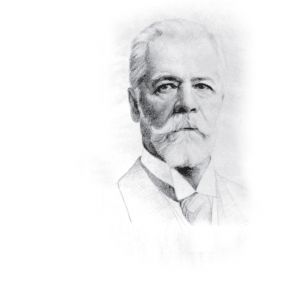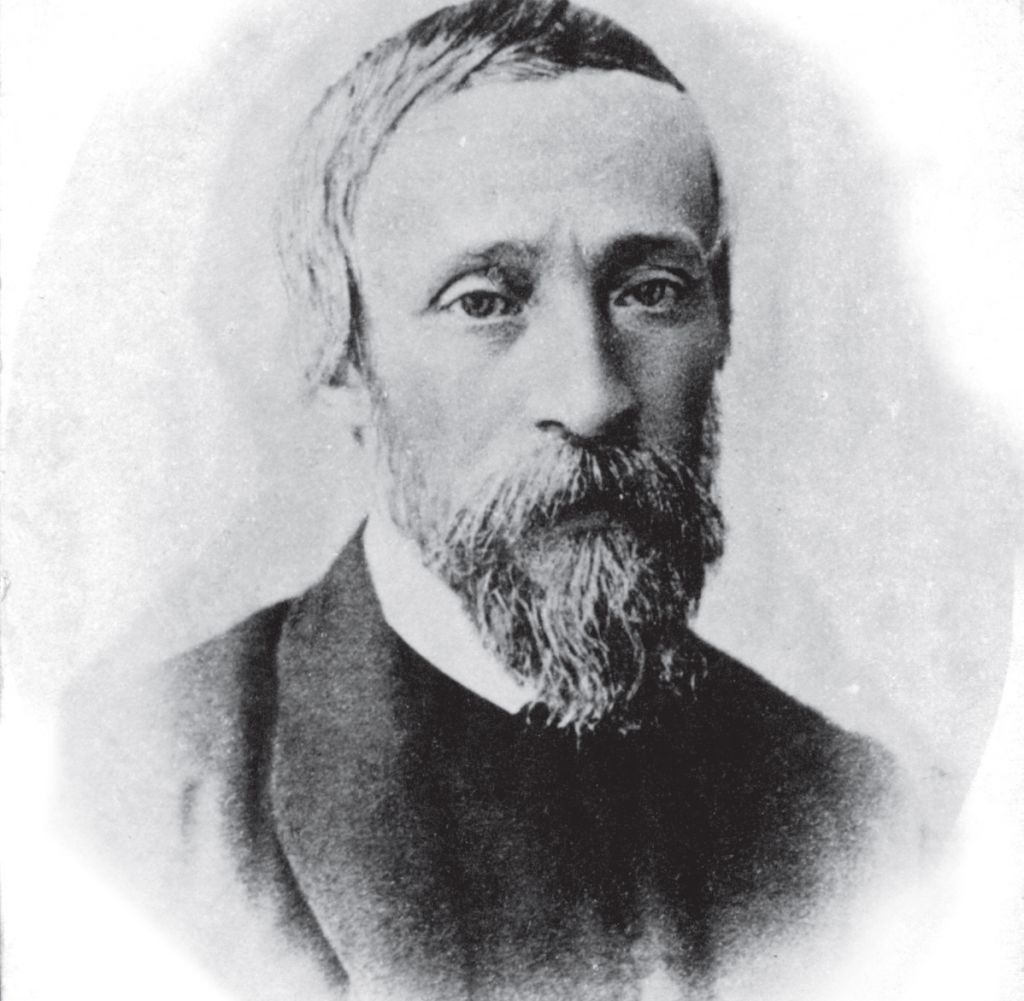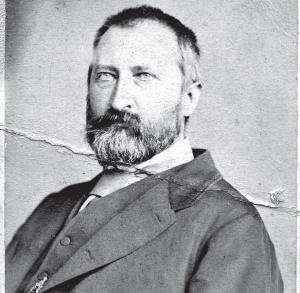Stanisław Jabłonowski was born in Annopol in Volhynia and died in Lviv. His name was established in the history books of the global oil industry due to the event in January of 1852, when he founded first oil mine in the Empty Forest in Siary, near Gorlice. In 1853, his company was noticed by Antoni Schwarz, a councillor of the Kraków Chamber of Commerce, who was touring six districts of West Galicia. This is what he wrote about Jabłonowski’s property: “As production evolves, there is potential industrial value in the natural resource and oil recently discovered at the Kobylanka property of Prince Jabłonowski for production of a mixture known as asphalt. Jabłonowski obtains a previously purified black liquid from the oil. The liquid burns with a clean and beautiful flame and burns out completely. With progress in production, this liquid could completely replace the purified oil currently used in lamps.”
Ignacy Łukasiewicz was born in Zaduszniki and died in Chorkówka. He is considered as the father of Polish oil industry. In 1848, he started working at Piotr Mikolasch’s pharmacy in Lviv. Łukasiewicz and Zeh used the pharmacy’s laboratory to distil oil and subsequently used the distilled oil in lamps. With assistance from the sheet-metal worker Adam Bratkowski, they developed an oil lamp.The Mikolasch–Zeh–Łukasiewicz partnership (800 Austro-Hungarian guldens contributed by each partner) found a client who purchased 500 kg of oil with oil lamps – a Lviv hospital, which performed the first night operation with light from oil lamps on 31st July 1853. He became a politician and had more influence over the development of the Galician oil industry. He was active in worker protection laws and the construction of new roads and bridges. He also set up welfare funds (illness and accident funds for workers), communal funds (interest-free loans), bathhouses, and childcare centres.
Karol Klobassa was born in Drohobych and died in Kraków. He went to study at the Vienna University of Technology. He also studied agronomy at the Agricultural Academy in Hohenheim. Klobassa’s wealth grew considerably thanks to two marriages. His vast orchards provided apples for production of an alcoholic beverage – cider. His breakthrough decision was to let Trzecieski and Łukasiewicz drill on his field in Bóbrka, initially free of charge. Soon, oil became the foundation of his family fortune. Klobassa was also the co-founder of the National Oil Association.




